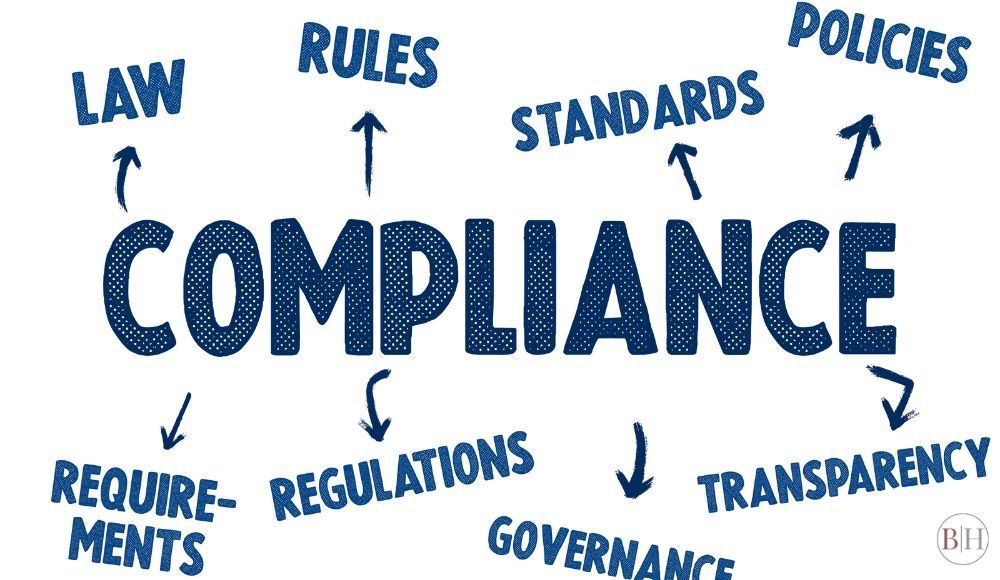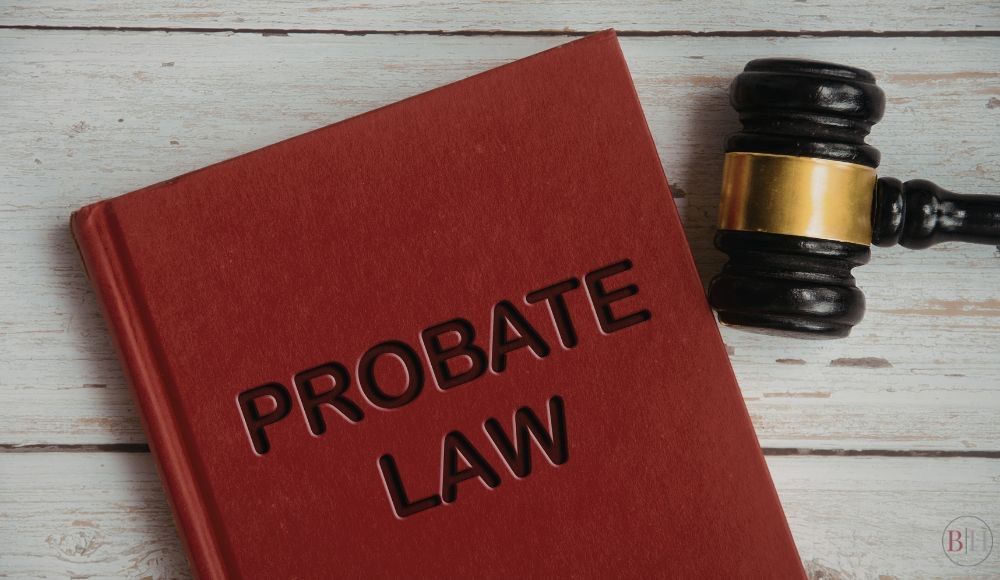Estate Planning and Retirement Accounts

A significant part of estate planning is a will designating how you want your assets distributed after you die. The expertise of an Estate Planning Attorney can minimize stress for your family and help ensure that your wishes are followed.
For many people, part of their assets includes the remaining balance in their retirement accounts. Generally, naming a beneficiary directly on your retirement account(s) avoids the probate process. However, you should still understand the limitations of how and when your beneficiaries can withdraw money from these accounts.
The experienced Estate Planning Attorneys at Bingaman Hess can help determine the best approach for your unique situation.
SECURE Act and SECURE 2.0 Act
If you set up your estate plan before 2023, you should take another look at it because the SECURE (Setting Every Community Up for Retirement Enhancement) Act of 2021 and the subsequent SECURE 2.0 Act initiated several changes regarding retirement plans and what happens to them when you die.
Here are a few key changes to be aware of:
1. Non-spouse beneficiaries must withdraw the entire inherited retirement account within ten years of the account owner’s death. There are exceptions for minor children, disabled or chronically ill individuals, and beneficiaries who are ten years or less younger than the deceased.
2. You can contribute to traditional IRAs regardless of your age. Before SECURE, you could no longer contribute to a traditional IRA once you reached 70 ½. Roth IRAs and 401(k)s did not have that age limitation.
3. You can wait until you are 73 years old to begin taking the required minimum distributions (RMDs) from your traditional IRA or 401(k). Before SECURE, you had to start taking the RMD once you reached 70 ½ years old. By the year 2033, the age is set to increase to 75. You may be able to defer your RMD if you are still working at 73. Roth IRAs do not have an RMD.
4. You can now withdraw up to $1,000 from your retirement account annually – without penalty – for personal or family emergencies.
5. New parents can withdraw $5,000 from a 401(k) or IRA – without penalty – within one year of a child’s birth or adoption.
Retirement Plan Accounts
Here is a brief explanation of some retirement plan accounts:
IRAs (Individual Retirement Accounts)
Traditional and Roth IRAs are retirement accounts you can set up and continue contributing to over time. With IRAs, you can decide how the money is invested – stocks, bonds, mutual funds, etc. You also do not pay capital gains taxes on the IRA’s dividends, investment returns, or interest earned.
Currently, the IRS allows a maximum annual contribution to a traditional or Roth IRA of $6,500 if you are under the age of 50 and $7,500 if you are 50 or older. You can contribute to an IRA even if you have a 401(k) with your employer.
“The main difference between a Roth IRA and a traditional IRA is how and when you get a tax break,” NerdWallet explains. “Contributions to traditional IRAs are tax-deductible, but withdrawals in retirement are taxable as income. In comparison, contributions to Roth IRAs are not tax-deductible, but the withdrawals in retirement are tax-free.”
There are also less common types of IRAs, such as a SIMPLE IRA plan, that your employer can set up.
401(k)s and 403(b)
A 401(k) is a retirement account set up by an employer or a 403(b) if the employer is a non-profit. You can contribute pre-tax income to these plans; often, an employer will also contribute to the account.
The current maximum annual contribution on a 401(k) or 403(b) is $23,000. You can choose which types of investments you want your account invested in, and you will not pay capital gains tax. However, like a traditional IRA, when money is withdrawn from a 401(k) account, it is considered taxable income, unlike other inherited assets not subject to income tax.
Inherited Retirement Accounts
With retirement accounts, you can name a primary beneficiary and an alternate beneficiary to receive the money if the primary beneficiary dies before you do. You can also name multiple primary and alternate beneficiaries and determine how the money is allocated among them.
If you name your spouse as the sole beneficiary of a retirement account, they will have more flexibility regarding what they can do with the money than other beneficiaries like a sibling, niece, etc.
If a spouse is the sole beneficiary, they can leave the account in the deceased spouse’s name or roll the money over into their own retirement account. If they leave the account as is, the surviving spouse can take the RMDs based on their age and will pay the early withdrawal penalty if they withdraw the money before they are 59 ½. If they roll the money into their own retirement account, the RMDs will begin when they reach 73.
A non-spouse retirement account beneficiary cannot roll the account over and will typically need to withdraw all of the money within ten years of the account owner’s death.
It is important to note that if you name your spouse as a beneficiary and later divorce, their claim to the money is not automatically terminated. You need to change the beneficiary on the retirement account. Also, if the beneficiaries on the account are different from those in your will, typically, whoever you named as the beneficiary on your account will receive the money in that account.
How an Experienced Estate Planning Attorney Can Help
There are many facets to estate planning that need to be considered. Bingaman Hess’s estate planning attorneys listen to your unique goals and concerns, thoroughly review your situation, and provide a customized strategy for you.
Give us a call at 610.374.8377 or contact us online.









